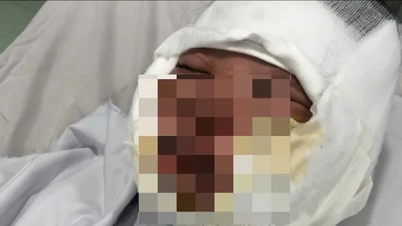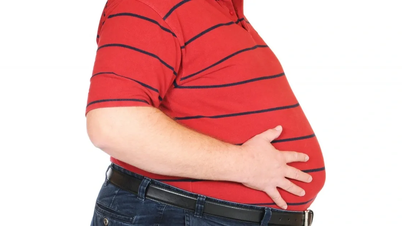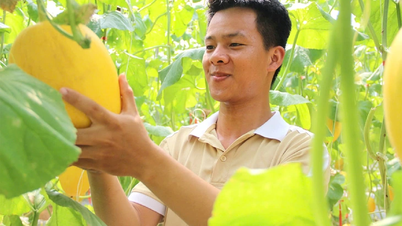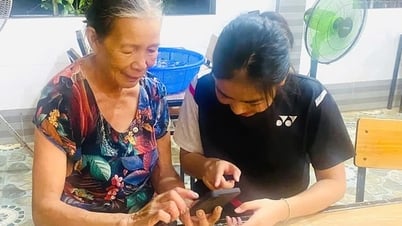Doctor TRAN NGOC LUU, Department of Infectious Diseases - Children's Hospital 2 (HCMC), replied: Although children have recovered from hand, foot and mouth disease, if they come into contact with the source of infection, they are still at risk of contracting the disease. Because children's immunity to hand, foot and mouth disease is not sustainable.
Hand, foot and mouth disease is mainly transmitted through the digestive tract from saliva, blisters and feces of infected children.
The disease usually has symptoms such as: fever (mild to high); mouth ulcers; rash with blisters in locations such as the palms, soles, knees, elbows, and buttocks. If the disease becomes severe, it can cause serious damage to the brain such as encephalitis, encephalomyelitis, encephalomyelitis, meningitis, or other cardiovascular and respiratory complications.
In particular, when children are sick, they need to be monitored and re-examined every day until the 7th day and pay attention to signs of suspected complications such as: high fever that is difficult to reduce; frequent startles (> 3 times/hour or 2 times/30 minutes); tremors in limbs, staggering; convulsions; frequent vomiting; rapid breathing, labored breathing; cyanosis; drowsiness, coma.
Since there is no vaccine to prevent hand, foot and mouth disease, you can prevent it for your child by limiting contact with sick people. If your child is sick, keep him/her home from school to avoid spreading the disease to his/her classmates. Always keep the living environment clean, disinfect contact surfaces and toys for children. Wash your hands regularly and remind your child to wash his/her hands with soap before eating and after using the toilet. In addition, adults should wash their hands with soap after caring for children.
Source


















































![[Maritime News] Wan Hai Lines invests $150 million to buy 48,000 containers](https://vphoto.vietnam.vn/thumb/402x226/vietnam/resource/IMAGE/2025/6/20/c945a62aff624b4bb5c25e67e9bcc1cb)














![[Infographic] Party Committee of the Ministry of Culture, Sports and Tourism: Marks of the 2020 - 2025 term](https://vphoto.vietnam.vn/thumb/402x226/vietnam/resource/IMAGE/2025/6/22/058c9f95a9a54fcab13153cddc34435e)

























Comment (0)